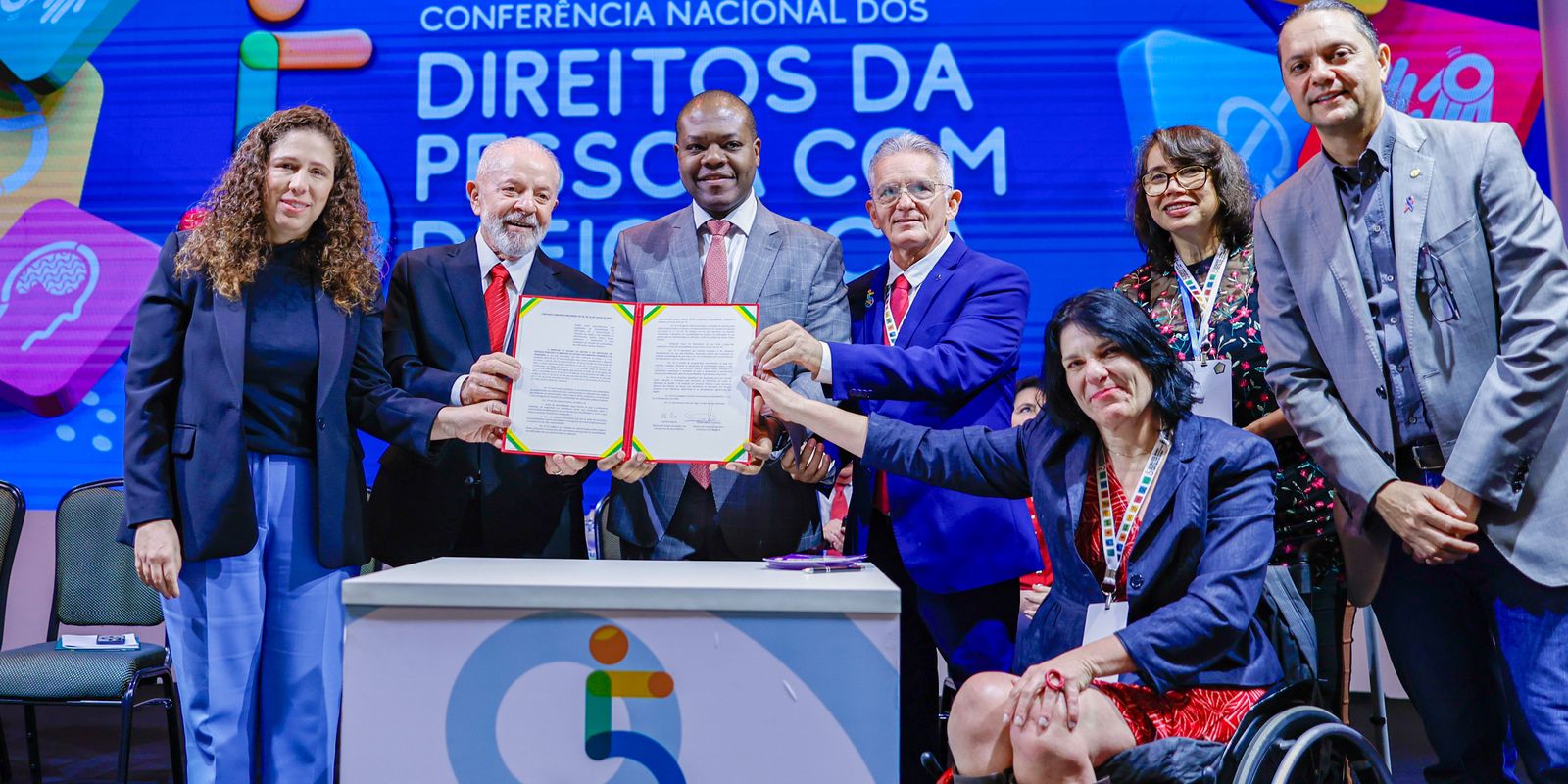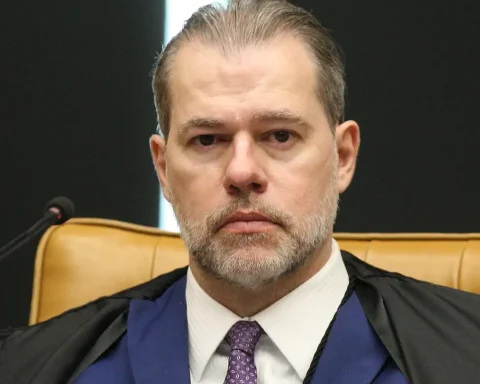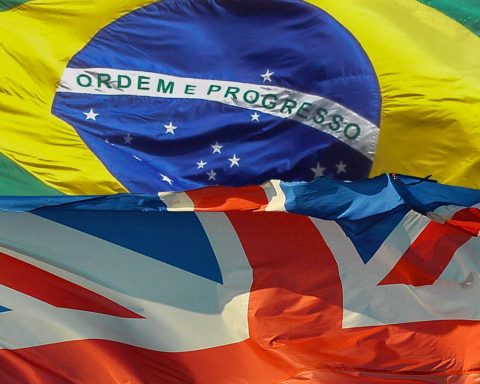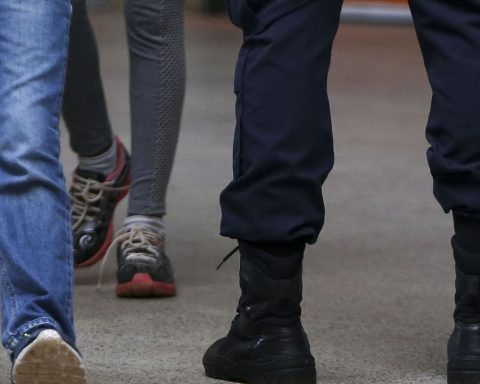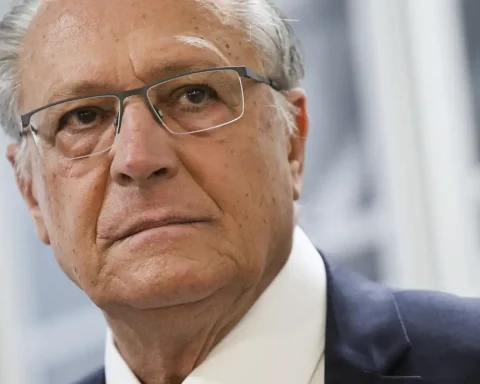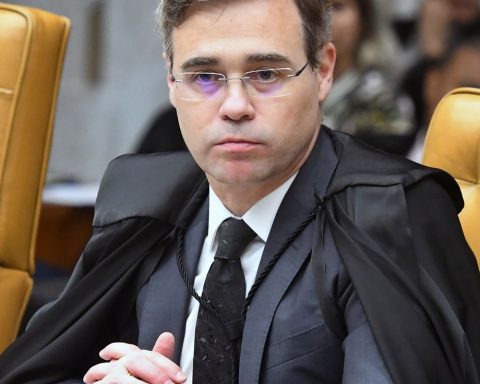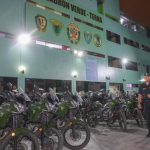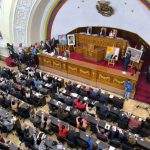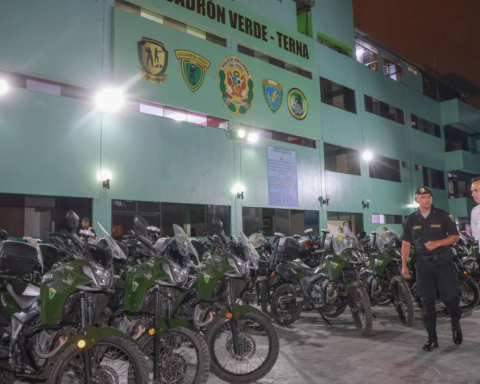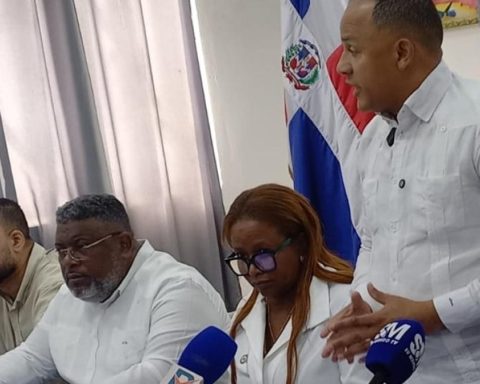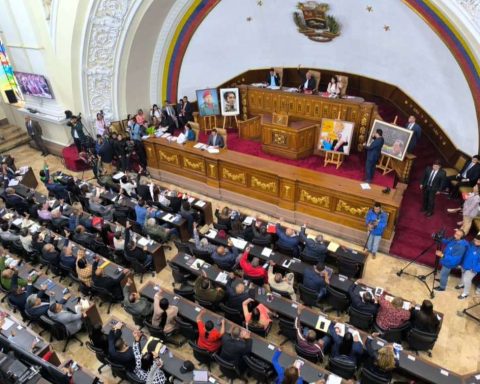President Luiz Inácio Lula da Silva signed, this Wednesday (17), a decree that creates the National Registration System for People with Autism Spectrum Disorder (SisTEA). The measure should facilitate and standardize the issuance of the national identification card for this population.
The computerized system is managed by the Ministry of Human Rights and Citizenship (MDH) and operated in conjunction with state and municipal agencies. The signing took place during the closing of the 5th National Conference on the Rights of Persons with Disabilities, in Brasília.
“I know who needs public policies from the State, which are the neediest people in this country, the poorest people in this country, millions of Brazilians, including people with disabilities. You feel firsthand what we often only see in movies: the disrespect, the lack of affection, solidarity, understanding, the disgust,” said Lula.
“You are an example of dedication, selflessness and resilience. Only you can set an example that human beings have no limits. Human beings can achieve what they want, they just have to have the will,” he added, arguing that conference participants should criticize governments as necessary and monitor the implementation of public policies.
During the event, the MDH and the Ministry of Development and Social Assistance, Family and Fight against Hunger also signed a cooperation agreement within the scope of National Care Policy and the National Plan for the Rights of Persons with Disabilities. The objective is to develop intersectoral actions in response to the demands of persons with disabilities, considering the intersectionality of gender, class, race, ethnicity, age and territory and the interdependence between those who care and those who require care.
An interministerial ordinance was also signed between the MDH and the Ministry of Management and Innovation in Public Services (MGI) on procedures for accessibility adaptations in federal public buildings.
Combating ableism
The final report of the Working Group on the Unified Biopsychosocial Assessment of Disability was also delivered, which addresses the implementation of this assessment in the country. The government’s goal is to propose a methodology for assessing disability that goes beyond the traditional medical model, recognizing disability as a complex interaction of biological, psychological and social factors.
The National Secretary for the Rights of Persons with Disabilities at the MDH, Anna Paula Feminella, explained that the department is in talks with several ministries about the use of biopsychosocial assessments in different public policy and service agendas. “A progressive implementation of biopsychosocial assessments is a paradigm shift. We are moving away from the charitable model, the biomedical model, and we need to change this culture and confront the culture of ableism once and for all,” she said, recalling the launch of the Combat Ableism campaign in 2023.
Ableism consists of discrimination against people with disabilities, expressed in multiple ways through certain treatments, forms of communication, practices, physical and architectural barriers that prevent the full exercise of citizenship. This prejudice can be conscious or unconscious, but it always reflects the idea that there is a standard body, without disabilities, that is considered normal. Based on this idea, the capacity and aptitude of people with disabilities are underestimated.
To address this problem, Anna Paula stated that effective actions must be implemented with inclusive education, employment opportunities and professional development, adequate health and transportation, access to culture, and training for public agents capable of breaking down this prejudice and the barriers imposed on people with disabilities. “Often, there are some normative barriers that still prevent us from leaving our homes; sometimes, it is a step, a sidewalk that already leaves us trapped,” she said.
Studies
During the event, the MDH and Ipea signed a protocol to conduct research and applied studies on the implementation of biopsychosocial assessment of disability. The MDH, MGI and the Ministry of Planning and Budget also signed an agreement to conduct studies on the regulatory, social, political and economic impact of the assessment throughout the country, to propose guidelines for the establishment of a national disability assessment system and the development of a government strategy for adopting the system.
New government initiatives join the National Plan for the Rights of Persons with Disabilities New Living Without Limitslaunched in November 2023. The plan brings together around 100 actions and has R$6.5 billion in investments in actions for people with disabilities. So far, however, only five states have joined: Bahia, Ceará, Maranhão, Paraíba and Piauí. Rio Grande do Norte, Espírito Santo, Alagoas and Pará are in the process of joining.
With 1,600 participants from all over the country, the 5th National Conference on the Rights of Persons with Disabilities marks the return of this type of event after eight years. The meeting is the result of 453 municipal conferences, 51 regional conferences or forums, a free conference on cultural accessibility and 27 conferences held in all federative units.
O event started last Sunday (14) and ends on Tuesday afternoon with the approval of the Brasília Charter. The 800 conference delegates are analyzing 90 proposals for recommendations to various bodies on policies for the disabled population.
Sonia Case
The vice-president of the State Council for the Rights of Persons with Disabilities of Rio Grande do Sul, Ewelin Canizares, representative of the Feminist Movement for Inclusive Women with Disabilities, recalled that public policies must be intersectional and guarantee the participation of all diversity of people in society.
“First of all, we are people, we are not disabled. Secondly, we are diverse, men, women, indigenous, black, white, of all human individualities, we are also LGBT. So, we need an intersectional policy that encompasses us as a whole,” he said, also demanding reparations and memories for all the mistakes and violence that have been committed against people with disabilities, such as undue institutionalization and segregation.
She also commented on the case of Sonia Mary of Jesus50 years old, who was rescued in an operation against the work analogous to slavery from the home of a judge and then returned to the residence of the suspects, in Santa Catarina. The domestic worker is deaf and mute, stayed for more than 40 years in the judge’s home and never received a salary or any other labor benefit.
“We have to remember that black lives with disabilities matter too and that we have to make progress in this country so that everyone recognizes our value,” Ewelin said.
Upon hearing the story, Lula said he would demand information from his ministers about the case. “How can there be a decision to allow this person who had been in a house for 41 years to return to the same house? In the name of what? In defense of what?”, the president asked. “It makes no sense. I just want to tell you that I am interested in the case and that I will consult some ministers to find out what is really happening. If society stops trusting in institutions, we know what can happen in this country”, he added.
